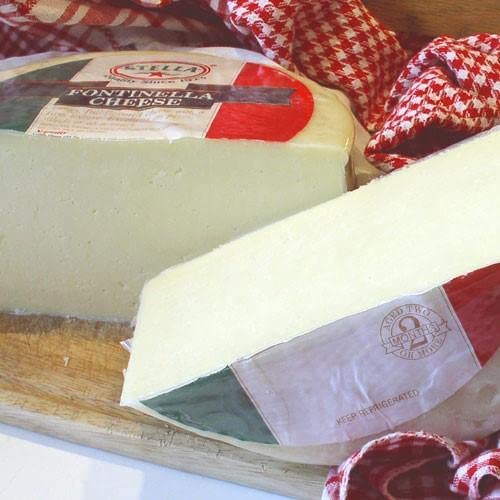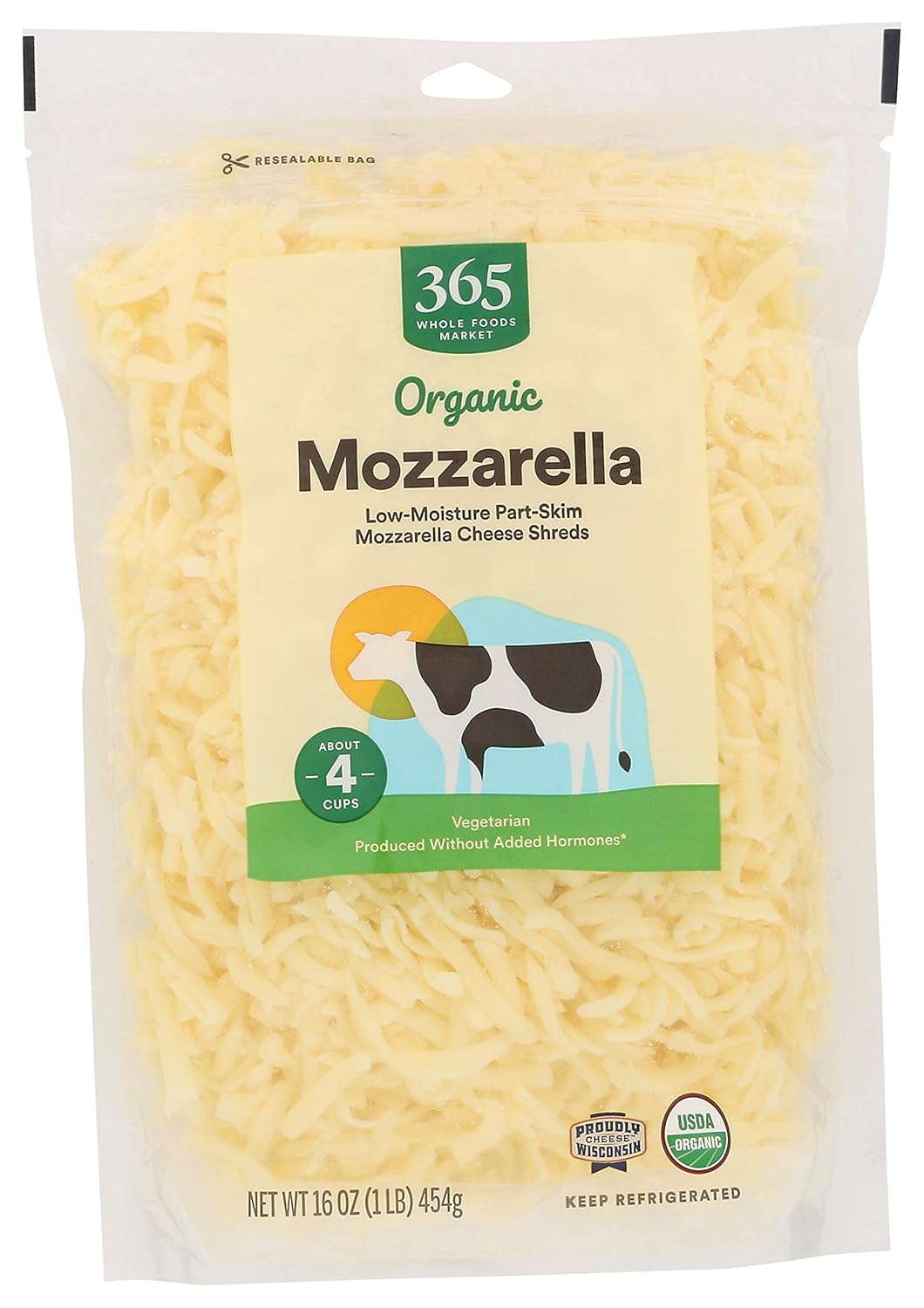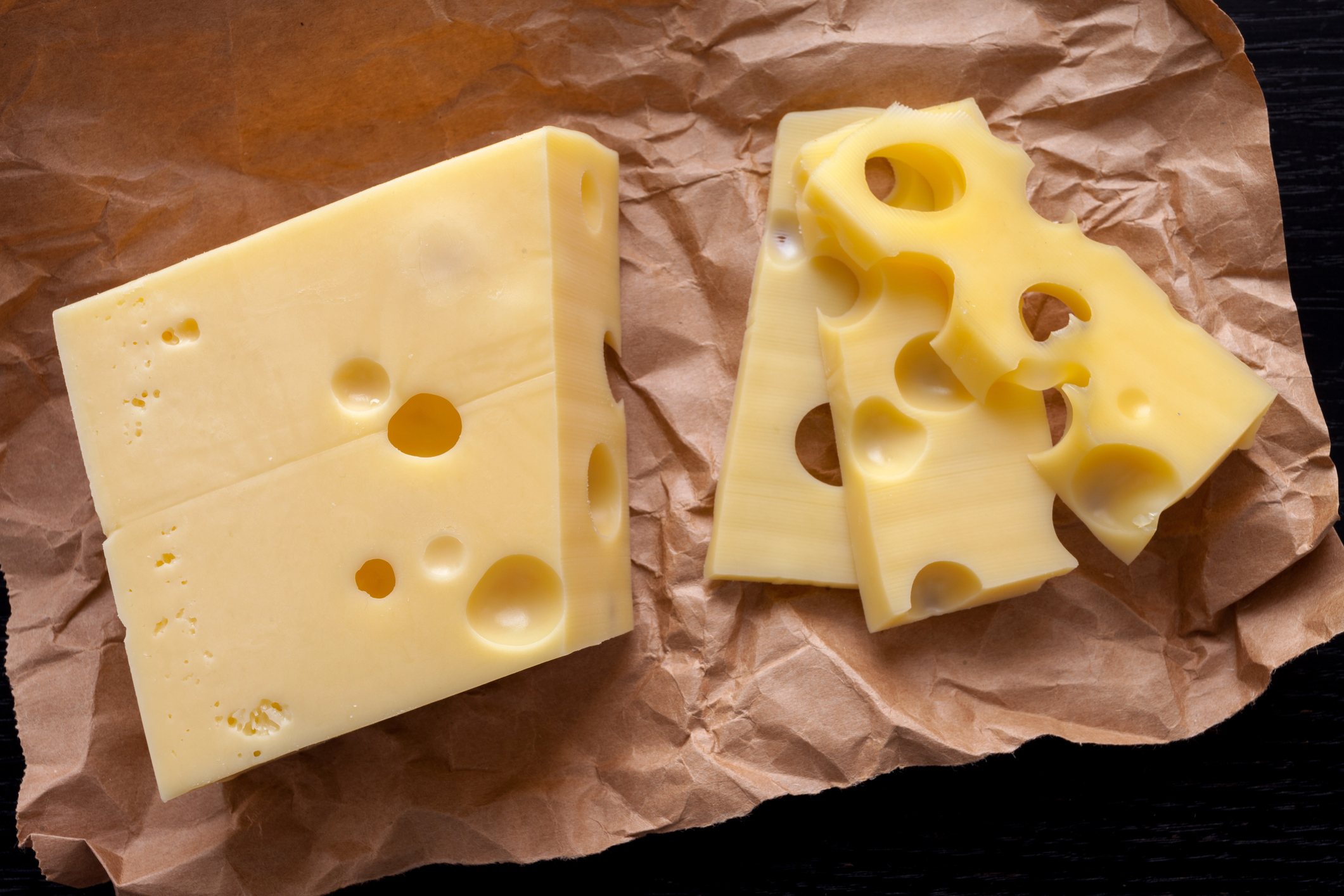When it comes to cheese, Swiss cheese stands out as the poster ingredient, and for a good reason. It has a flavor and texture that goes with so many types of cooking, and it comes in numerous varieties. Still, you may not have finished your batch or wish to swap it with something else. Luckily, substitute cheese options like provolone and mozzarella can still give you the same quality expected from Swiss cheese. But first, what exactly is it? And how do you select a substitute for it in recipes like Reuben sandwiches, Cordon Bleu, and quiche? And how possible is it to replace it for other cheese types, like Monterey Jack cheese?
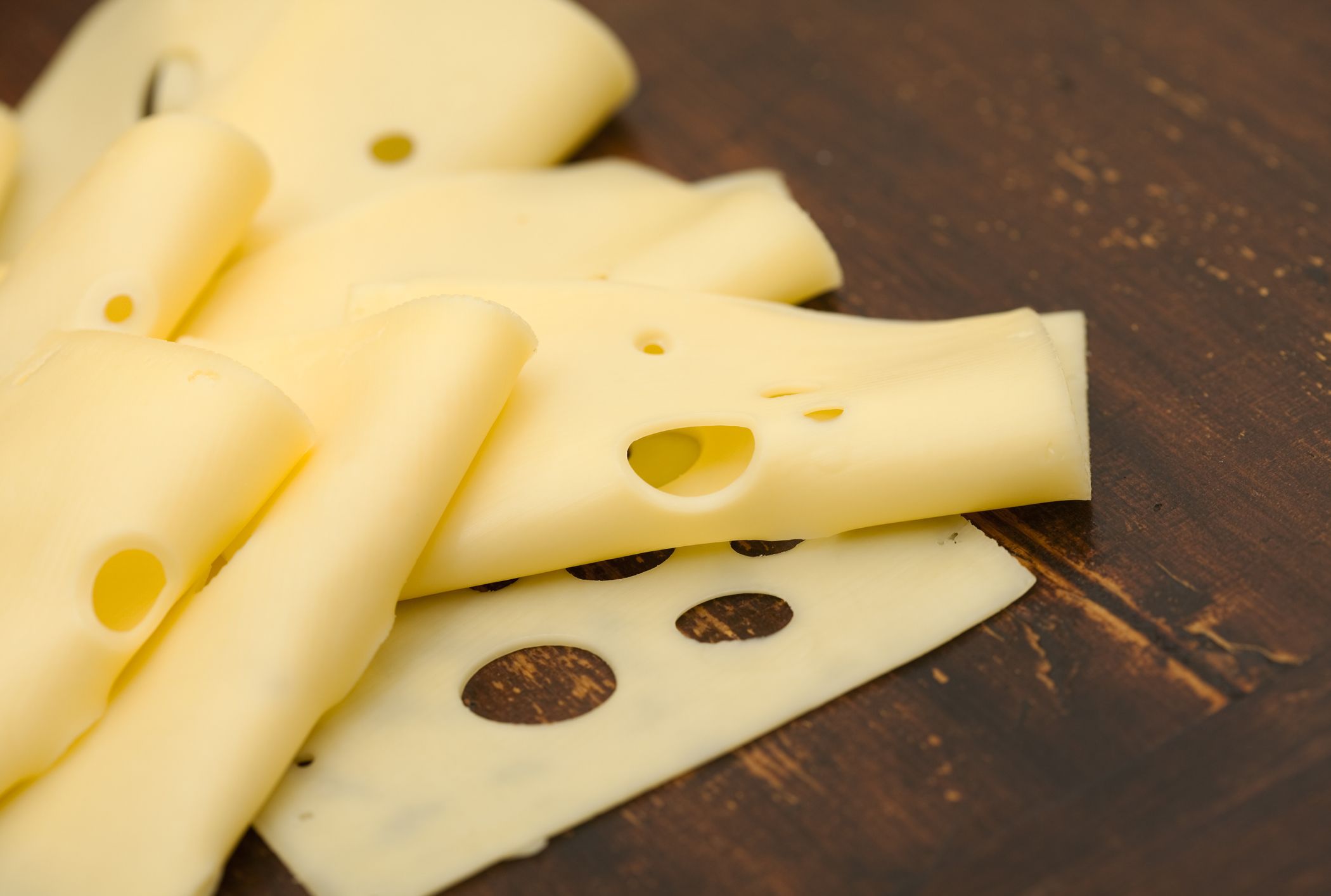
What’s swiss cheese?
Most Swiss cheese varieties share similarities with Emmenthal. Emmenthal is a cheese made from cow’s milk and distinguished by its mild flavor and slow-melting structure. In addition to these are its semi-hard texture and yellow color. And some types of Emmenthal have air holes in them as well. Emmenthal is the most popularly found in supermarkets and grocery stores. But other types are available, like the Schabziger, Gruyere, Vacherin, Tomme Vaudois, Appenzeller, L’vitaz, Share Maxx, Jarlsberg, Belper Hern, and Tete de Moine.
Swiss cheese nutrition facts
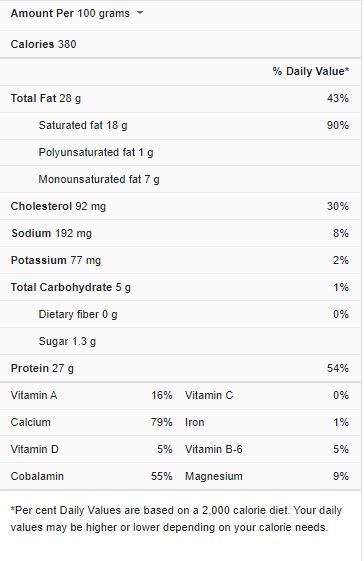
Swiss cheese uses in recipes
Because it’s a product of cow’s milk, Swiss cheese is an excellent way of adding dairy to many recipes. It can also be whipped with sugar to make cream and used in toppings. In vegetable recipes, it’s used to supply animal protein to the dish. And it can be melted into meats and fish on the grill for an even funnier experience.
It’s also common to serve cheese as a side dish or appetizer, along with crackers or biscuits and sometimes, fruits. In some recipes, the cheese is cut and then put in skewers with other ingredients. Swiss cheese is a popular feature in various gourmet and traditional dishes all around the regions of Europe and America; some of which include
- Burgers
- Pizzas
- Gnocchi
- Italian toast
- Fondue
- Cheesecake
- Tarts
- Cheesy Tots
- Reuben
- Casseroles
- Pasta
- Chicken Valdosta
- Quiche
- Pies
- Chicken dishes
- Cordon bleu
- Bacon
- Focaccia
- Baked goods
- Sandwiches
- Soups
- Salads
- Quesadillas
Swiss cheese substitutes
If you ever run out of Swiss cheese, and a recipe calls for it, or you find it too expensive around you but need it in your dish, you can use any handy substitutes to replace it. Note that each one functions best in some recipes than others, so it’s essential to know how to pair them with different dishes.
Fontina cheese
This Italian-style cheese is made with fresh cow’s milk in unpasteurized condition, contributing to its buttery taste. Its soft texture also makes it an ideal substitute for Swiss cheese in sandwiches. Its straw color becomes darker as it matures, just as its texture grows dry as well. It has small holes that make it almost similar to Swiss cheese and gives off a hint of nut, mushroom, or honey, depending on how it’s used. Apart from sandwiches, fontina also works on almost every other recipe, especially the Italian types. And it’s somewhat spreadable and has a high melting point which makes it slow for even cooking.
Cheddar cheese
 Easily one of the most acquirable types of cheese globally, cheddar has a more rigid texture and tastes stronger than Swiss cheese. Still, it has a versatile flavor that works well in many recipes, and because it can be grated, you can use it more flexibly. Originally an English cheese and made from cow’s milk, cheddar cheese blends in different
Easily one of the most acquirable types of cheese globally, cheddar has a more rigid texture and tastes stronger than Swiss cheese. Still, it has a versatile flavor that works well in many recipes, and because it can be grated, you can use it more flexibly. Originally an English cheese and made from cow’s milk, cheddar cheese blends in different
Mozzarella
If you’re a pizza lover, then you’re not unfamiliar with mozzarella cheese. And you’ll be glad also to know that it makes an excellent substitute for Swiss cheese. Though initially made from buffalo’s milk, the types we find in markets today are made from cow’s milk, so their taste is similar to Swiss cheese. Mozzarella is white but has a soft texture and a glossy appearance. It can be used in recipes like Reuben sandwiches, quiche, and nachos due to its impressive melting properties and can also be eaten raw.
Burrata
Its savory flavor may make it seem like an off choice for a Swiss cheese substitute, but burrata has its moments. For one, it’s one of the most versatile soft cheeses in the market. Second, its creamy taste and smooth texture are owed because it’s a combination of mozzarella, cream, and stracciatella- with the last two stuffed in the first. And even though it’s savory, the flavor is mild and doesn’t overwhelm a recipe. Burrata is on the expensive side, though, but if you happen to have some at home, it makes a great substitute in recipes that call for Swiss cheese.
Provolone
Another famous Italian cheese, provolone works as a last resort option when you need a substitute for Swiss cheese. Though provolone is readily available in markets like cheddar and Monterey Jack, its taste profile is slightly different from Swiss cheese. Provolone is mildly sweet but with a tangy aftertaste, though the texture is acceptable. So, to make it work, you can mix it with equal parts of cheddar cheese to match a flavor close to that of its Swiss counterpart, or use it straight in cordon bleu, quiche Lorraine, pies, and chicken Valdosta.
Frequently asked questions (FAQs)
Can I substitute gouda for swiss cheese?
Yes, you can. Gouda has a relatively mild flavor, though it has a more rigid texture than Swiss cheese. But if it’s what you’ve got, use it. Gouda works in numerous recipes, and you’d barely notice the difference.
What kind of swiss cheese melts best?
Gruyère gives off the best smooth texture under heat, making it the best melting Swiss cheese of all. It’s why it’s the perfect ingredient for cheese fondue and French onion soup.
What is a good cheese for quiche?
Among the cheeses best suitable for quiche recipes are Swiss, Gruyere, white cheddar, feta, and goat cheese.
Conclusion
You don’t have to fret because a recipe calls for Swiss cheese, and you’re out of stock. Indeed, you’ll have any one of these substitutes sitting on a cheese block or in the fridge. So why not use that? Plus, these give you the chance to explore new taste possibilities in your favorite dishes.
